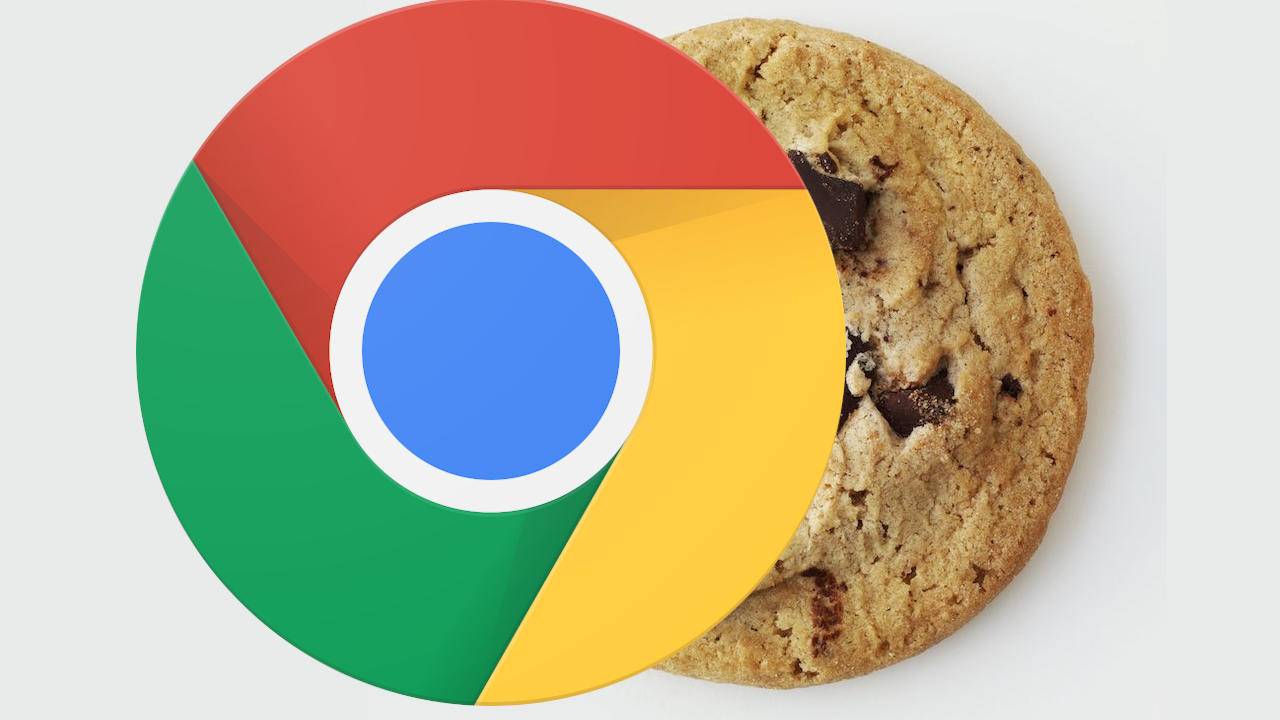Those of us in ad tech didn’t even have to read Google’s announcement about deprecating user tracking to know that cookies and cross-site tracking were a big problem for the industry.
Governments around the world have been relentlessly tightening user privacy rules for years. Those rules mean users are now warned about cookies on every website they visit and, if they choose to “accept” the cookies, they are creepily followed around on the Web for weeks after they do so. Accordingly, users seek refuge in browsers and apps that block cookies—along with the ads and monetization those cookies enable.
Meanwhile, as a technology, cookies don’t even work very well, engineered as they were for a different purpose than advertising and a different age that couldn’t have imagined the multidevice digital consumer journeys marketers now seek to decipher.
Cookies are the cause of massive discrepancies and data loss between systems, as well as headaches for operators and procurement leads, and they are an unreliable and costly signal for marketers.
So when Google announced it would finally turn the knife on that frail technology too many digital marketing systems still rely on, they did ad tech a favor (despite causing us a few headaches).
Consumer and B2B brands around the world now must reckon with the fact that the most recognizable technological brand in the world, and a powerhouse behind the most important marketing channels in the world, has declared cross-site tracking unfit for use.
The good news is that the industry is already reacting the way it should have when GDPR and CCPA kicked in. Initiatives both from independent ad tech companies and from Google itself allow for the most essential ad tech use cases to be supported in a privacy-preserving way.
But let us be clear: The end of cookies will have a dramatic impact on advertisers’ ROI if they continue to rely on behavioral targeting techniques.
Google says it will continue to allow independent ad tech to operate according to their own cookie footprints within Google’s platforms. That might seem like a palliative when you consider how much of independent ad tech works with Google, yet in the wake of the announcement it’s hard to see how a CMO can now defend the choice of working with independent ad tech in light of that tech’s use of cookie technology so privacy-intruding that Google is deprecating its own use.
Ad tech needs an enabling path. Fortunately, the technology exists to rise above the confusing, contorted, cookie-filled digital ecosystem that has generated such animosity among consumers, content creators, and the brands that pay for it all.
Post-Cookie Digital Marketing Needs AI
AI is already transforming enterprises around the world, and it’s transforming the marketing technology that those enterprises depend on for growth.
In post-cookie digital marketing, AI can harness plentiful, harmless, non-user-specific semantic metadata from content—with no cross-site tracking—to create better alignment between brands and consumers.
Powerful AI does not require any consumer interaction at all. And it generates marketing performance and ROI that’s far better than legacy systems, in part because there’s simply more metadata available than there is broken cookie data with which to optimize.
Take a simple example: Google recently introduced FLoC, a way to cluster all Chrome users into buckets of several thousands of users whose browsing behavior is “similar,” but without giving any description on how that browser behavior might be categorized (no “soon to be engaged” label). That might seem strange or even useless, considering today’s industry habits, but it is actually the perfect candy for privacy-respecting, AI-based marketing: Instead of overtargeting a restricted group of people, powerful AI is able to learn from weak, unlabeled signals and get conversions from a much larger set of people, thus skyrocketing campaigns’ ROI.
Post-Cookies: Privacy and Better Data
Although there is no denying the end of cookies will have a profound impact on the industry, the future of post-cookie digital marketing is bright. In the cookieless world, privacy-respecting, AI-based marketing will be able to learn from broad, unlabeled signals (as with Google Chrome’s FLoC) and generate engagement and sales from a much larger set of people than today.
AI will make marketing more effective. AI is already transforming industries, homes, and devices, and it is raising expectations for global brands. AI is also driving step-change performance and scale across addressable paid media channels.
Although there is much innovation to come, by all players in the industry, driving ROI will become increasingly dependent on AI solutions that do not rely on personal data or cross-site behavioral analysis.
We all have a great opportunity today to grow the category and significance of digital marketing while reducing friction between consumers, brands, and the economic engine of the Web.
The future of ad tech and post-cookie digital marketing and the business growth it enables is bright. We have the technology to leave burdensome, intrusive, legacy technology from another age behind. Let’s do that… and not look back.
—
Guest Author: www.marketingprofs.com
This article first appeared in www.marketingprofs.com Seeking to build and grow your brand using the force of consumer insight, strategic foresight, creative disruption and technology prowess? Talk to us at +971 50 6254340 or engage@groupisd.com or visit www.groupisd.com/story

